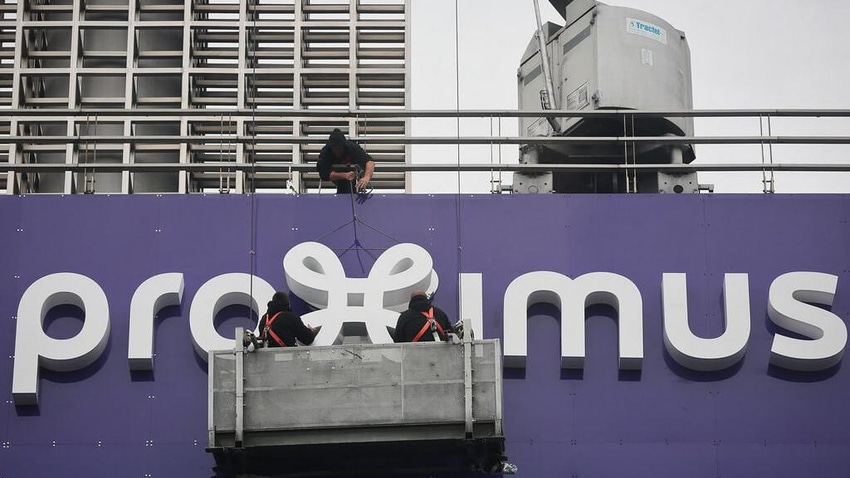Proximus to buy CPaaS company Route Mobile for $722 million
Proximus will acquire Route Mobile in a $722 million deal to become the third-largest CPaaS player worldwide, as it expects to find 'synergies' with CPaaS unit Telesign.

Proximus has announced it will acquire a majority stake in Route Mobile, an Indian company specializing in communications platform-as-a-service (CPaaS) and digital identity (DI). The Belgian operator aims to boost its presence in both fields through "synergies" with its subsidiary Telesign, which boasts CPaaS expertise in fraud prevention for Internet companies.
Under the terms of the deal, Proximus will pay 59 billion Indian rupees (US$722 million) for a 57.56% stake in Route Mobile, whose founding shareholders will acquire up to 14.5% of Proximus Opal, the unit that owns Telesign. This will put the net cash consideration for Proximus at €343.4 million ($385 million).
Route Mobile is listed on the Indian NSE and BSE exchanges with a valuation of €1.1 billion ($1.24 billion), while the deal implicitly values Telesign at €1.4 billion ($1.57 billion). The transaction is expected to be completed within six to nine months.
Post-acquisition, Route Mobile's CEO Rajdip Gupta will stay on to lead group CPaaS activities – an area which has been more prominent for the company than DI – while Telesign CEO Joe Burton will be in charge of the group's DI offering.
Proximus says the annual revenues of both Telesign and Route Mobile add up to €900 million ($1 billion). The combined unit will also be the third-largest CPaaS player in terms of messaging volume, according to the Belgian telco.
The companies have complementary geographic footprints, with Route Mobile generating most of its revenues in India, followed by the Middle East, Latin America and Africa. Telesign is, meanwhile, strong in the rest of the APAC region, as well as Europe and North America. On a conference call addressing the acquisition, Proximus CEO Guillaume Boutin noted that scale is important in the CPaaS business, because only larger players can access certain markets, especially Asian and African countries.
Finding synergies
Route Mobile's business spans a number of digital services. It can manage promotions and deliver customized marketing messages, track orders, schedule appointments with doctors, access medical records, shield telco customers from spam and prevent fraudulent transactions.
The two companies will be able to leverage each other's strengths with Telesign set to act as reseller for Route Mobile's omnichannel orchestration services. Telesign will also be able to expand its intelligence, verification and fraud protection services thanks to new insights from a more diverse set of markets.
Route Mobile will, meanwhile, resell expanded verification and fraud protection services, as well as new insight and identity services in markets where Telesign is not active. Its customers will also be offered new business risk management products. Of the two companies, Route Mobile has a more diversified customer base, Boutin said.
The cross-sell opportunities should contribute to total annual EBITDA synergies of around €90 million, to be reached within three years. These will also come from opex savings achieved by consolidating the CPaaS platform; opex synergies from scale and an improved group cost base; and platform volume efficiencies in terms of cost of goods sold (COGS) for messaging and delivery.
For Proximus, the deal fits in with its bold2025 strategy announced earlier this year and will expand its presence in what has so far been a highly profitable sector. Telesign, which it acquired in 2017 for $230 million, has been a steady source of revenue for the group. The company was originally owned by Proximus subsidiary BICS.
Proximus has big hopes for the CPaaS market, with Boutin saying that is expected to grow to €53 billion ($60 billion) by 2026 at a CAGR (compound annual growth rate) of 20.9%. Exposure to such growth rates would be a blessing for a company that started the year by announcing a second wave of cost savings in anticipation of an earnings squeeze, having recently cut jobs and sold its headquarters to Immobel.
Related posts:
— Tereza Krásová, Associate Editor, Light Reading
About the Author(s)
You May Also Like











